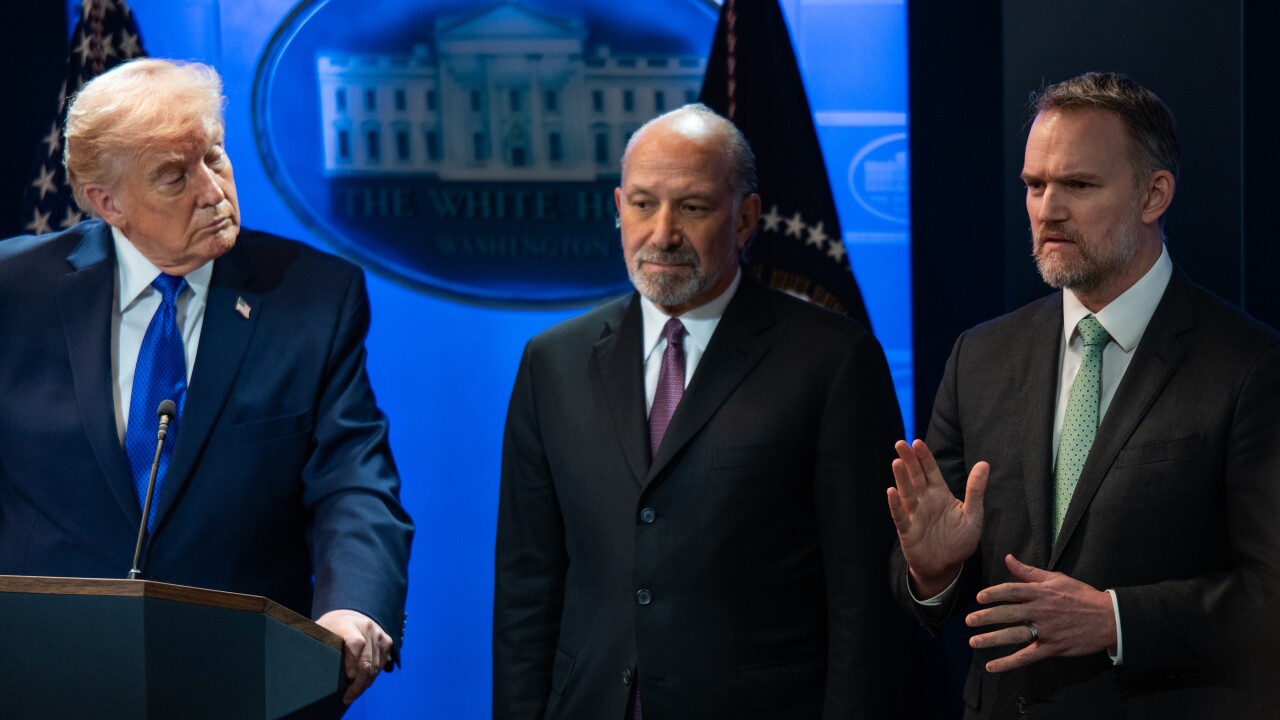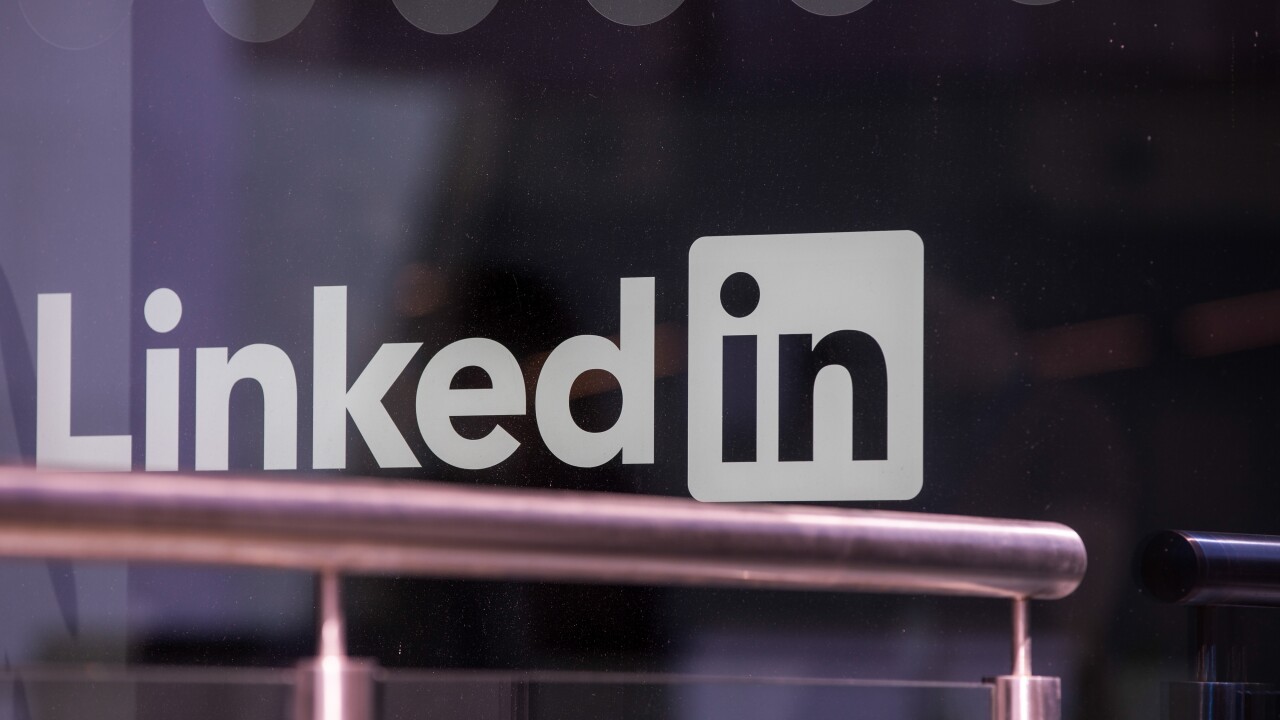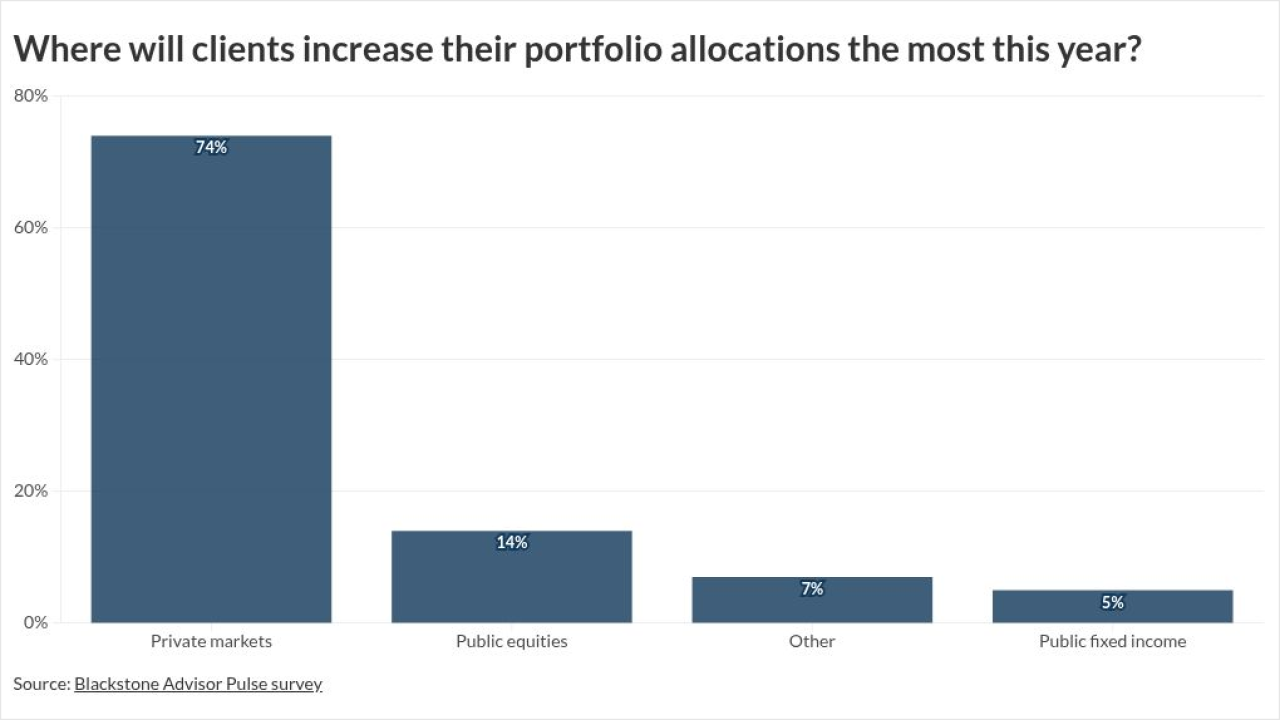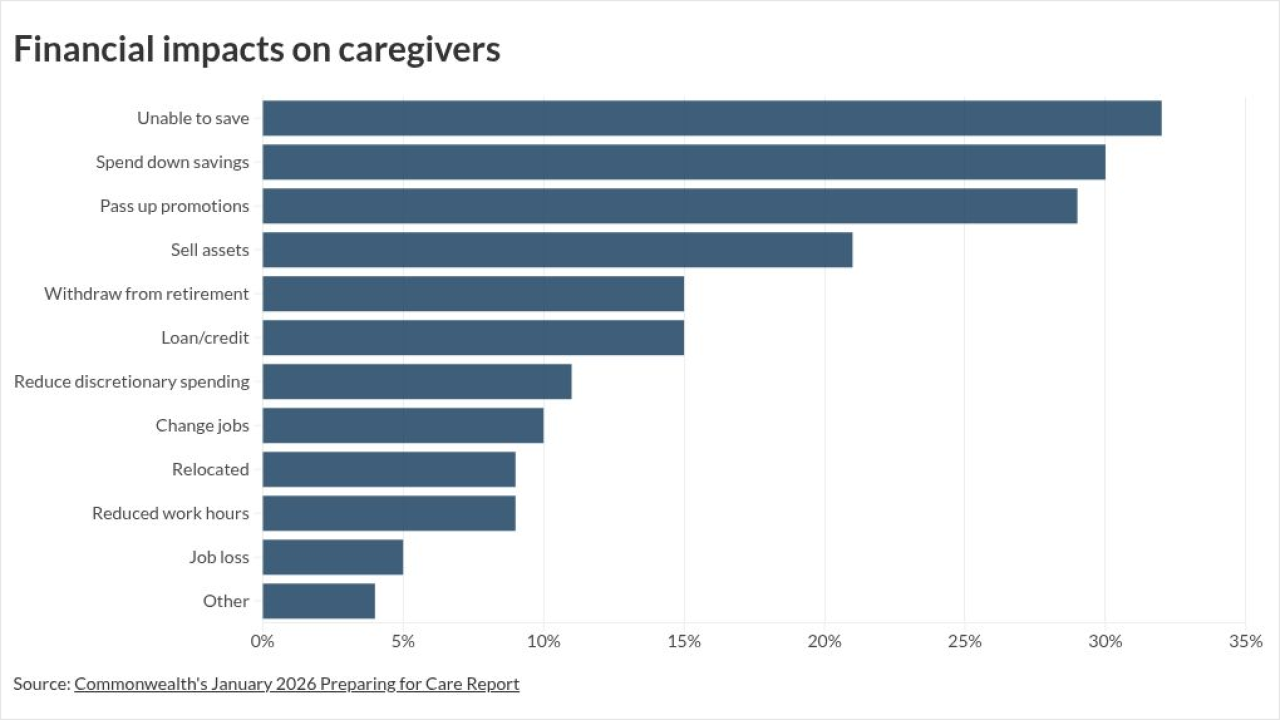(Bloomberg) -- President Barack Obama had a warning for John Boehner at a Dec. 13 White House meeting: Stop opposing higher tax rates for top earners, or the president would dedicate his second term to blaming Republicans for a global recession.
The next day, the House speaker called the president and said he was open to a tax-rate increase on annual income of more than $1 million.
It was the first time since 1990 that a Republican leader agreed to a tax-rate increase, and it marked a breakthrough in the talks to avert more than $600 billion in tax increases and spending cuts set to begin in January.
While the budget deal Obama and Boehner were negotiating fell apart, the speakers concession on tax rates ultimately allowed Vice President Joe Biden and Senate Minority Leader Mitch McConnell, a Kentucky Republican, to craft the last-minute plan Congress passed Jan. 1.
Before the final deal, though, Boehner unsuccessfully tried to go it alone. He adopted Plan B as the name of his proposal to increase taxes for income above $1 million and tried to persuade his Republican caucus to pass it.
You are sending me to the White House and to the Senate and to the American people naked, Boehner told House Republicans after Plan B collapsed from lack of support, said Representative Steve LaTourette, an Ohio Republican.
On the Sidelines
Both Obama and Boehner ended up on the sidelines of the eleventh-hour formula for averting the so-called fiscal cliff. Their failed talks deepened a mistrust that may hinder their ability to enact changes in immigration laws, the tax code and entitlement programs -- achievements that would enrich both their legacies.
The speaker doesnt hate the president, but he doesnt find their negotiating sessions to be very productive, LaTourette said in an interview.
Obama and Boehners inability to agree shifted the focus to the Senate. McConnell and Biden forged a plan on New Years Eve that both chambers passed the next day, hours after tax increases were set to begin for U.S. workers. The agreement permanently extends the George W. Bush-era tax cuts for married couples income of less than $450,000.
Partisan animosity permeated the talks. The speakers frustration boiled over Dec. 28 when Boehner told Senate Majority Leader Harry Reid to go f--- yourself just steps from the Oval Office, according to two people familiar with the exchange.
Other incidents during the talks were described by Democrats and Republicans associated with Congress and the Obama administration who witnessed the events. They sought anonymity to describe the private talks. Obama signed the measure into law late yesterday.
Economic Growth
The day after the Nov. 6 election, in which Obama won a second term and Republicans kept their House majority, Boehner said Republicans might agree to new revenue from a tax system that would generate faster economic growth and be accompanied by cuts to entitlement programs.
McConnell said on election night that Republicans would meet Obama halfway if the president moved to the political center.
Obamas Insistence
Obama, who campaigned on a promise to raise tax rates on income of more than $250,000, said Nov. 9 that he would insist on implementing that plan. A week later, when he met with Boehner and the other three congressional leaders at the White House, Obama said significant entitlement changes, a tax overhaul and an increase in the federal debt limit would have to be part of a deal to reduce the deficit.
Boehner at the time was optimistic that his negotiations with Obama would be productive. Yet as the talks began, mistrust re-emerged.
At a subsequent Capitol Hill meeting, the presidents top congressional liaison, Rob Nabors, told Boehners negotiating team that he was reluctant to provide a paper copy of Obamas deficit-reduction offer because he didnt want to be laughed out of the room, said two people familiar with the talks, speaking on condition of anonymity.
Though White House officials viewed it as a serious proposal, a third person familiar with the talks said the officials were concerned that the offer would be publicly leaked and create another setback.
$1.6 Trillion
The proposal sought $1.6 trillion in new tax revenue -- twice what Republicans said they would consider -- and would have given the president unilateral authority to raise the debt ceiling.
When Treasury Secretary Timothy Geithner met with McConnell to present Obamas proposal, McConnell and his staff deemed the offer so ridiculous that he and others in the room laughed out loud, according to a person familiar with the meeting.
Here we are at the 11th hour, and the president still isnt serious about dealing with this problem, Boehner later said.
Boehner and Obama spent the beginning of December publicly stating that they had made little progress. Boehner complained that Obamas negotiating style was to tell people to roll over, do what I say.
The speaker said Republicans had given ground by agreeing to more tax revenue, though the president hadnt specified spending cuts he would accept.
Nowhere Near
After the Dec. 13 meeting when Obama said Boehner would be blamed for economic damage caused by a lack of a deal, the speaker was convinced that they were nowhere near an agreement. The next day, after a shooting rampage at a Connecticut elementary school, Boehner called Obama from Ohio and opened the door to an income-tax rate increase.
Still, Obama said that the $1 trillion in revenue Boehner offered was too low and that his demand for $1.2 trillion in spending cuts was too high.
On Dec. 17, the White House countered with an offer that would let tax cuts expire for income above $400,000 a year. That same night, Boehner told Obama that the House would vote on his own proposal, which became known as Plan B.
Three days later Boehner scrapped plans for the vote. At a closed-door meeting of House Republican caucus, Boehner recited the Serenity Prayer, told Republicans that he didnt have the votes and sent them home for Christmas, according to LaTourette.
After Boehner spoke, according to a person in the room Pennsylvania Representative Mike Kelly took the microphone and asked his colleagues, What are you guys doing? How the hell can you do this to the speaker? Kellys office didnt respond to requests for confirmation.
Boehner told reporters the next day that many Republicans viewed Plan B as a tax increase. We had a number of our members who just really didnt want to be perceived as having raised taxes, he said. That was the real issue.
Torpedoed Negotiations
The failure of Plan B torpedoed any negotiations with Obama, LaTourette said. It demonstrated that Boehner didnt have enough support from members for his negotiating position. The speaker said a solution would have to come from the Senate.
Before leaving Washington Dec. 21 for his Christmas vacation in Hawaii, Obama urged lawmakers to craft an interim bill that would keep taxes from rising for most Americans and continue expanded unemployment benefits. The president met with Reid at the White House and suggested that Reid start drafting a fallback plan, according to a Democrat familiar with the meeting.
White House Meeting
Obama returned to Washington on Dec. 27. On Dec. 28, he again summoned Boehner, Reid, McConnell and House Minority Leader Nancy Pelosi to the White House. He announced afterward that Reid and McConnell had agreed to work together on a plan.
Reid and McConnells staffs swapped at least three rounds of offers. Still, on Dec. 30 McConnell took to the Senate floor to say his negotiations with Reid had stalled and he would ask Biden to help jump start the talks.
The sticking point appears to be a willingness or interest or frankly, the courage to close the deal, McConnell said. Im willing to get this done, but I need a dance partner.
Biden, McConnell
Biden and McConnell began negotiating. The following morning, Reid told Obama during a phone call that the White House was ceding too much to Republicans, said a Democrat familiar with the conversation. The Democrat said Reid was unhappy that Biden agreed to delay federal spending cuts for a few months, rather than at least a year.
At about 3 p.m. on Dec. 31, McConnell said on the Senate floor that he and Biden were very, very close to a deal.
Six hours later, Biden went to the Capitol to accept an invitation from Reid, who was still reluctant to endorse the deal, to sell the measure to Senate Democrats. At about 2 a.m. on New Years Day, the Senate passed the measure, 89-8.
About 21 hours later, the House passed the measure with support from 172 Democrats and 85 Republicans. Almost two-thirds of Boehners Republican caucus voted no, including House Majority Leader Eric Cantor of Virginia.





